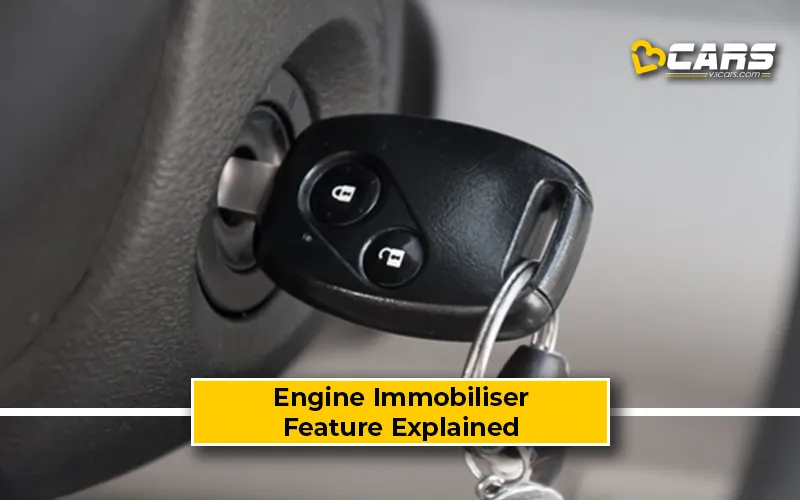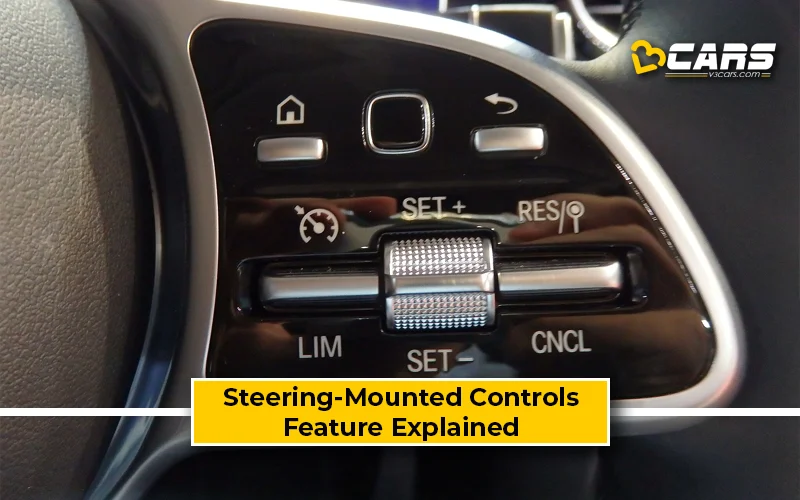Have you ever wondered how long do brake pads last? If you’re a car enthusiast, you know brake pads are essential for a safe and smooth driving experience. However, brake pads wear out over time, and not knowing when to replace them could lead to serious safety risks and costly repairs.
In this article, we’ll dive into the factors that impact the lifespan of brake pads, signs that they need replacement, and how to select the best brake pad brands available in the U.S. By the end, you’ll have a clear understanding of how to make your brake pads last longer and keep your vehicle safe on the road.
What Are Brake Pads, and Why Are They Important?
Brake pads are a crucial component of your car’s braking system. When you press down on the brake pedal, brake pads create friction against the brake rotors, helping to slow down and stop your vehicle. Without functioning brake pads, it would be nearly impossible to stop safely, making brake pads an essential part of vehicle maintenance.
Brake pads are made of various materials, including metallic, ceramic, and organic compounds, each offering a unique blend of performance and durability. Choosing the right brake pad material depends on your driving style and the type of vehicle you own. Regardless of the material, all brake pads wear down over time, making it essential to understand how long brake pads last and when to replace them.
How Long Do Brake Pads Last on Average?
The lifespan of brake pads can vary significantly based on several factors, including the type of brake pad material, driving habits, and the type of vehicle.
On average, brake pads last between 30,000 to 70,000 miles, but it’s not uncommon for high-performance pads or those used on heavy vehicles to wear out closer to 25,000 miles. Some high-quality brake pads may even last up to 100,000 miles under optimal conditions.
For regular, everyday drivers, it’s a good rule of thumb to check your brake pads every 20,000 miles to gauge wear. However, those who engage in heavy braking, such as stop-and-go city driving, towing, or spirited driving, may need to replace their brake pads more frequently.
Factors That Impact How Long Brake Pads Last
Several factors influence the lifespan of brake pads, and understanding them can help you take steps to extend their durability.
Driving Style and Habits
One of the most significant factors in determining how long brake pads last is your driving style. Drivers who brake heavily or frequently in city traffic may wear out their pads faster. Additionally, aggressive driving and frequent hard braking can accelerate brake pad wear, especially in performance vehicles.
Type of Brake Pad Material
Brake pads come in different materials, each with distinct durability and performance characteristics. Metallic pads, for instance, offer good durability and stopping power but can wear down the rotors more quickly. Ceramic pads are popular for their longevity and minimal dust production, while organic pads are quieter but tend to wear out faster.
Vehicle Type and Weight
The size and weight of your vehicle can impact how long brake pads last. Heavier vehicles, such as trucks and SUVs, require more stopping power, which can wear down brake pads more quickly than lighter cars. Additionally, the type of braking system (disc or drum) affects wear, with disc brakes typically requiring more frequent brake pad replacements.
Environmental Conditions
The conditions in which you drive can affect brake pad longevity. In colder climates, salt and other de-icing chemicals can accelerate wear on the braking system. Additionally, mountainous terrain or areas with steep declines can lead to more frequent braking, which also reduces brake pad life.
Signs That Your Brake Pads Need Replacement
Knowing when to replace your brake pads is essential for safety. Here are some common indicators that it might be time for a replacement.
Squeaking or Squealing Noises
One of the most noticeable signs of worn brake pads is a high-pitched squeaking or squealing sound when braking. Many brake pads come with wear indicators that produce this noise as a warning that it’s time for a replacement.
Reduced Responsiveness or Longer Braking Distance
If you notice that your brakes feel less responsive or that it takes longer to stop, it could be a sign that your brake pads are worn out. This can be dangerous, especially in emergency situations where you need to stop quickly.
Grinding or Growling Sounds
If you hear a grinding or growling noise when applying the brakes, it likely means the brake pads are completely worn down, and the metal components of the brake system are grinding against each other. This can damage the rotors and lead to costly repairs if not addressed immediately.
Visible Wear on the Brake Pads
If you’re comfortable checking your brake pads, you can visually inspect them by looking through the spokes of your wheel. Most brake pads have a thickness indicator, and if they appear to be less than a quarter of an inch thick, it’s time to consider replacing them.
How to Extend the Life of Your Brake Pads
While brake pads will eventually wear out, there are several steps you can take to maximize their lifespan and performance.
Practice Gentle Braking
Avoiding harsh or sudden braking can significantly reduce wear on your brake pads. Try to anticipate stops by gradually slowing down instead of slamming on the brakes. This can also improve fuel efficiency, as smoother driving conserves energy.
Avoid Overloading Your Vehicle
Overloading your vehicle can put extra stress on the braking system, causing the pads to wear out more quickly. Try to remove unnecessary items from your car and avoid carrying excessive weight unless necessary.
Choose the Right Brake Pad Material
Selecting the right brake pad material for your driving style and vehicle can make a significant difference in how long your brake pads last. For example, if you do a lot of city driving, ceramic brake pads might be a good choice due to their durability and resistance to wear.
Regular Maintenance and Inspections
Regularly inspecting your brakes and rotors can help you catch any issues before they become significant problems. This includes checking the brake fluid, as low or dirty fluid can reduce braking efficiency.
Recommended Brake Pad Brands in the U.S.
If you’re looking for reliable brake pad brands, here are some top recommendations widely trusted by car enthusiasts and professionals in the United States.
1. Akebono
Akebono is a leading brand known for its high-quality ceramic brake pads. They provide excellent stopping power with minimal dust production, making them ideal for everyday drivers who want long-lasting performance and quiet braking.
2. Brembo
Brembo is a well-known brand among performance car enthusiasts. Their brake pads offer superior stopping power and are ideal for sports cars and high-performance vehicles. Although they tend to be on the pricier side, Brembo brake pads are worth the investment for those who prioritize performance.
3. Bosch
Bosch brake pads are known for their excellent performance, longevity, and affordability. They’re a solid choice for drivers looking for reliable brake pads that provide smooth, consistent braking without excessive noise or dust.
4. Wagner
Wagner offers a range of brake pads that cater to various driving styles and vehicle types. Their Thermo Quiet series, for example, is designed to reduce noise while offering consistent performance, making them a great choice for everyday use.
Finale Thought: How Long Do Car Brake Pads Last?
So, how long do brake pads last? Ultimately, the lifespan of your brake pads depends on several factors, from the type of brake pad material to your driving style and environmental conditions. On average, you can expect them to last between 30,000 to 70,000 miles, but regular maintenance and mindful driving habits can extend their life.
If you’re uncertain about the state of your brake pads, don’t hesitate to have them checked by a professional. After all, your brakes are essential to your safety on the road. Investing in high-quality brake pads from trusted brands like Akebono, Brembo, Bosch, or Wagner ensures you’re getting durable and reliable performance, giving you peace of mind on every drive.













